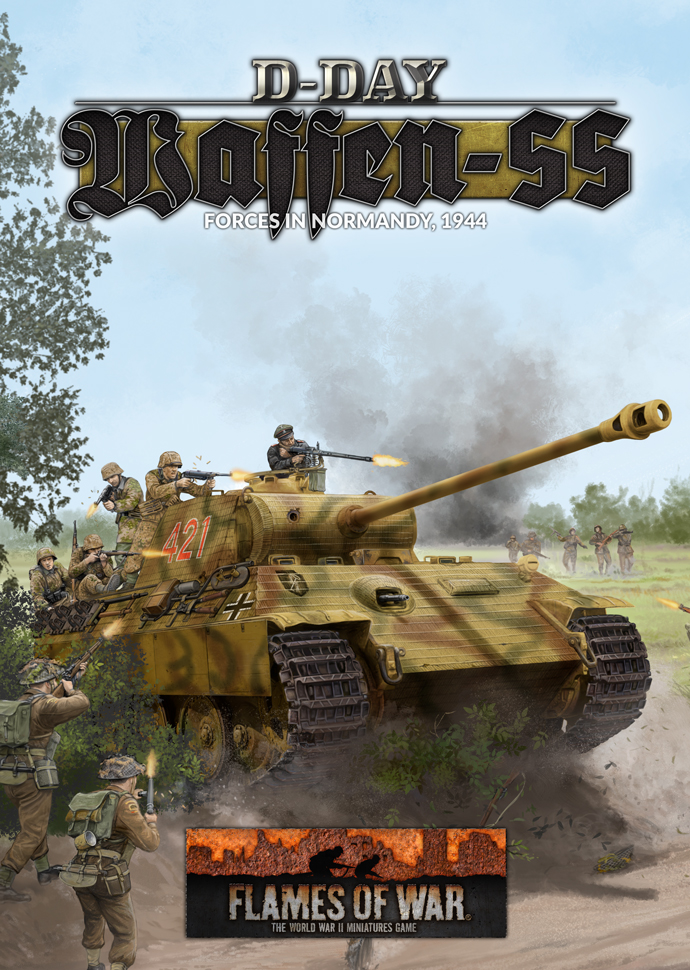Though it has been a few months since I posted on it, I plan to continue my efforts to blog, chapter by chapter, The Nations at War: A Current History by Willis John Abbot, one of the first books to spark my love of history. However, I thought today would be a good day to look at the World War I Christmas Truce.
This has become fairly well known in recent years, but I think many people would be shocked to discover that tales of the truce were told in news papers and "current affairs" books like this from the beginning, I believe this tale first appears in the 1915 edition. That is interesting in itself, but equally fascinating is the source of the information. Usually, the tale of the truce is told concerning the well documented British/German truces. But this account purports to be from an American with the French Foreign Legion, and so it discusses the truce in the French sectors. I cannot vouch for the veracity of the account.
(from The Nations at War, pp 176-177)
This writer, Phil Rader by name, a young San Franciscan who had enlisted in the French Foreign Legion, was prolific of graphic sketches of life in the trenches. His description of a Christmas truce and its abrupt end throws a bright light on the psychology of war:
"For twenty days we had faced that strip of land, forty-five feet wide, between our trench and that of the Germans, that terrible No Man's Land, dotted with dead bodies, crisscrossed by tangled masses of barbed wire. That little strip of land was as wide and as deep and as full of death as the Atlantic Ocean; as uncrossable as the spaces between stars; as terrible as human hate. And the sunshine of the bright Christmas morning fell on it as brightly as if it were a lover's lane or the aisle in some grand cathedral.
"I don't know how the truce began in other trenches, but in our hole Nadeem began it-—Nadeem, a Turk, who believes that Mohammed and not Christ was the Prophet of God. The sunshine of the morning seemed to get into Nadeem's blood. He was only an enthusiastic boy, always childishly happy, and when we noticed, at the regular morning shooting hour, that the German trenches were silent Nadeem began to make a joke of it. He drew a target on a board, fastened it on a pole, and stuck it above the trench, shouting to the Germans:
"'See how well you can shoot.'
"Within a minute the target had been bulls'-eyed. Nadeem pulled it down, pasted little bits of white paper where shots had struck, and held it up again so that the Germans could see their score. In doing so, Nadeem's head appeared above the trench, and we heard him talking across the No Man's Land. Thoughtlessly I raised my head, too. Other men did the same. We saw hundreds of German heads appearing. Shouts filled the air. What miracle had happened? Men laughed and cheered. There was Christmas light in our eyes and I know there were Christmas tears in mine.
"There were smiles, smiles, smiles, where in days before there had been only rifle-barrels. The terror of No Man's Land fell away. The sounds of happy voices filled the air. We were all unhumanly happy for that one glorious instant—English, Portuguese, Americans, and even Nadeem, the Turk — and savages we had been, cavemen as we were, the awfulness of war had not filled the corners of our hearts where love and Christmas live. I think Nadeem was first to sense what had happened. He suddenly jumped out of the trench and began waving his hands and cheering. The hatred of war had been suddenly withdrawn and it left a vacuum in which we human beings rushed into contact with each other. You felt their handshakes—double handshakes, with both hands—in your heart.
"Nadeem couldn't measure human nature unerringly. He had been the first to feel the holiday spirit of Christmas Day, but, on this day after Christmas, he failed to sense the grimness of war that had fallen over the trenches during the night. Early in the morning he jumped out of the trench and began waving his hands again. John Street, an American, who had been an evangelist in St. Louis, jumped out with him, and began to shout a morning greeting to a German he had made friends with the day before.
"There was a sudden rattle of rifle-fire and Street fell dead, with a bullet through his head. The sun was shining down again on a world gone mad."
A grim commentary on the war.
Post-script, 12/16/2022:
Since I originally posted this I have done a little bit of research on Phil Rader, who turns out to have been an interesting fellow. He might have been a pilot before the war, a Phil Rader was supposedly a mercenary pilot in the Mexican Revolution who participated in the first "dogfight." He wrote, or had written from his comments, a series of articles, including the selection above, which were published in various newspapers in 1915. This specific account first appearing in March 1915 (see Riverside Daily Press, Volume XXX, Number 74, 27 March 1915). Later he left (deserted?) the Foreign Legion, joined the Royal Flying Corps, and flew for the British, before returning to the United States. He was killed in June 1918 teaching aerobatics to a student pilot in California.
All views in this blog are my own and represent the views of no other person, organization, or institution.











